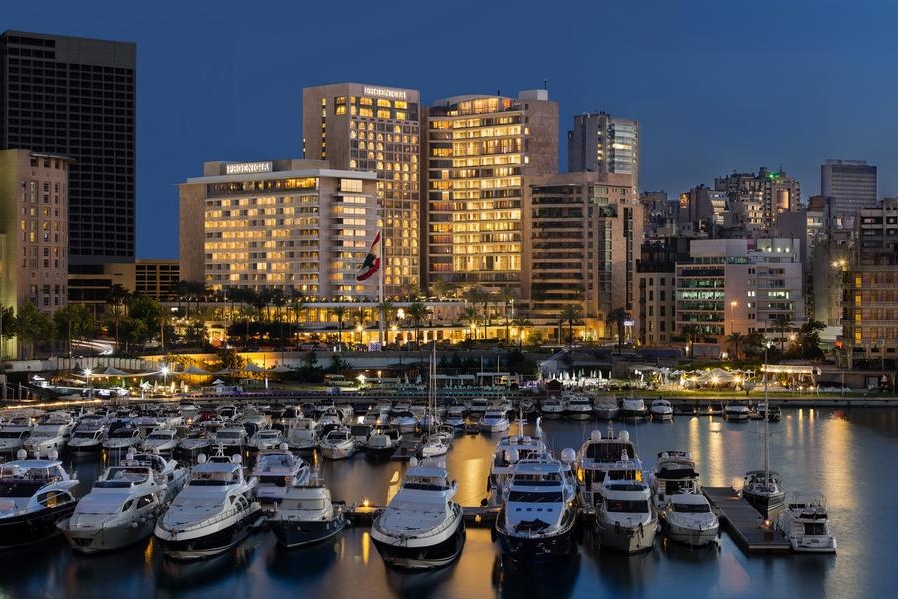
by Willy Lowry Washington — The US on Monday joined Saudi Arabia, Egypt, France and Qatar in calling on Lebanon to end its political impasse and elect a new president. The Mediterranean nation has been without a president since Michel Aoun’s term ended on October 31. In the months since, Lebanon’s political leaders have been unable to agree upon a suitable candidate. Lebanon’s complex political make-up centres on a fragile confessional power-sharing scheme in which the presidency is traditionally held by a Maronite Christian, while the office of prime minister is held by a Sunni Muslim. Several prominent Lebanese Christians have been listed as possible options, including Jihad Azour, a former finance minister and regional director at the International Monetary Fund, and Suleiman Frangieh, who has received support from Hezbollah, the highly influential Iran-backed political party.
But in a dozen sessions spanning nearly nine months, the country’s 128 parliamentarians have failed to provide any candidate with the two-thirds majority required to win election on the first vote. “It is crucial for Lebanese members of Parliament to abide by their constitutional responsibility and proceed with the election of a president,” the US State Department said in a joint statement released on Monday by Washington, Saudi Arabia, France, Egypt and Qatar. “In order to meet the aspirations of the Lebanese people and address their pressing needs, it is imperative that Lebanon elects a president who embodies integrity, unites the nation, puts the interests of the country first, prioritises the well-being of its citizens, and forms a broad and inclusive coalition to implement essential economic reforms, particularly those recommended by the International Monetary Fund.”
Lebanon has been wracked by a financial crisis that has seen the strength of the Lebanese pound evaporate. Last month, the IMF said that Lebanon had taken only “very limited policy action” to address its dire economic situation. Washington, Riyadh, Paris, Cairo and Doha said they were willing to work with Lebanon to try to address the economic reforms suggested by the IMF.



